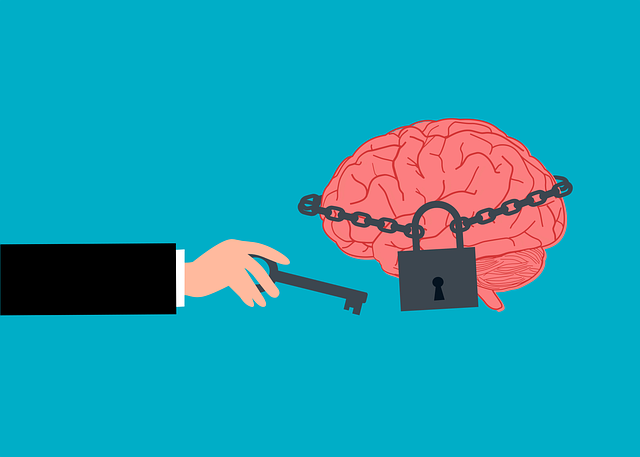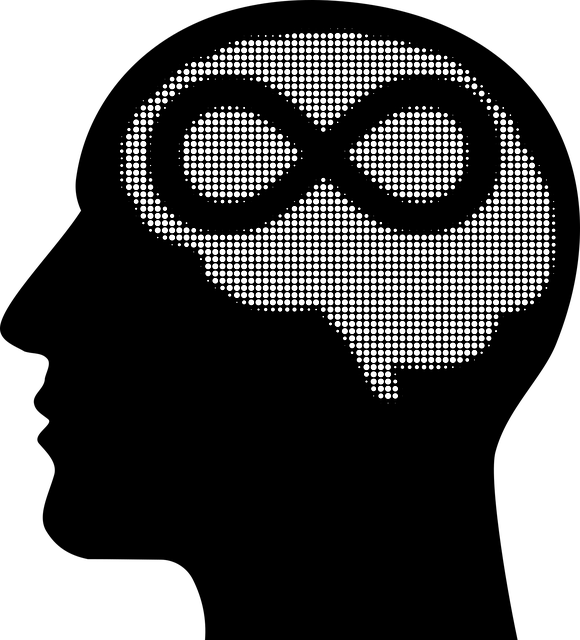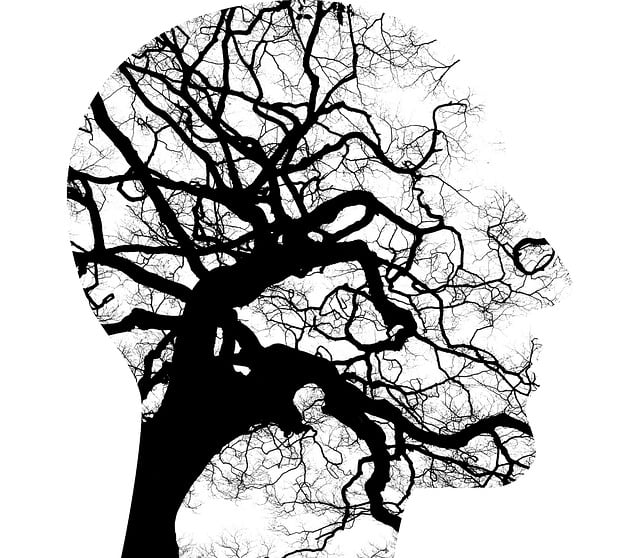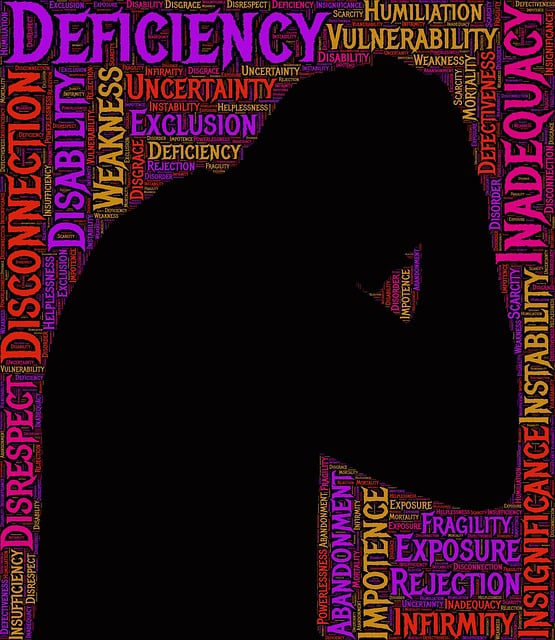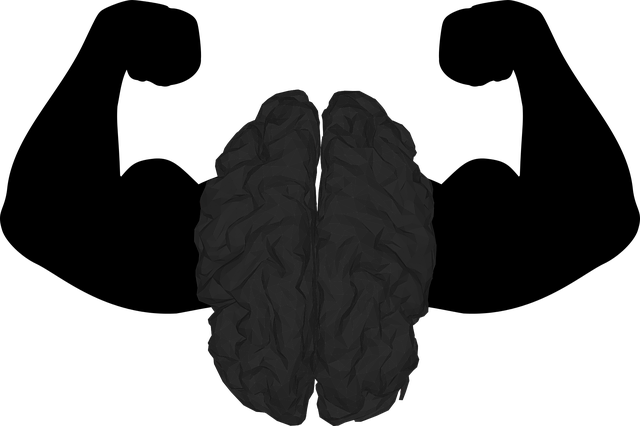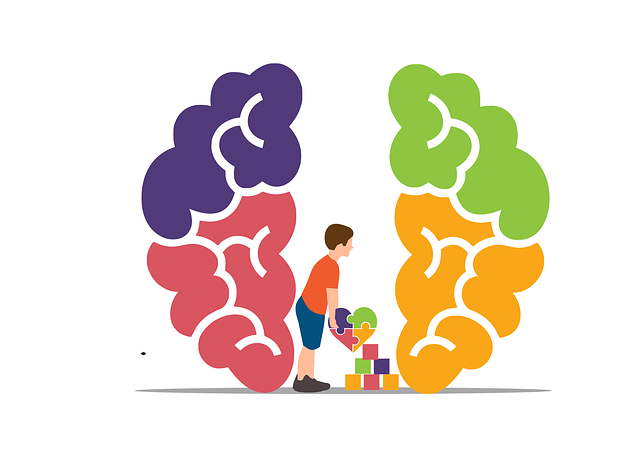Elderly well-being is enhanced through the RFM (Resilience, Flexibility, Mastery) framework, addressing unique challenges like workplace issues and job stress. Tailored therapy programs teach practical skills for managing work environments, foster emotional healing through self-awareness and community outreach, and reduce social isolation through social activities. This holistic approach significantly improves quality of life, as seen in case studies demonstrating reduced stress, enhanced social interactions, and improved cognitive function. Organizations can integrate RFM concepts via workshops, training, and outreach programs to support elders facing workplace challenges.
In today’s digital era, understanding and addressing workplace issues and job stress among elders is more critical than ever. This article explores RFM (Resilience, Flexibility, and Mobility), a transformative approach to elderly care, focusing on its relevance and potential in enhancing well-being. We delve into the identification of common job stress factors faced by seniors and discuss the role of resilience building exercises as an effective therapy for improving their mental and physical health. Through case studies, discover successful applications of RFM programs, offering a new perspective on care strategies.
- Understanding RFM and its Relevance in Elderly Care
- Identifying Workplace Issues and Job Stress Among Elders
- The Role of Resilience Building Exercises in Therapy
- Designing Effective RFM Programs for the Elderly
- Case Studies: Success Stories of RFM Applications in Elderly Care Settings
Understanding RFM and its Relevance in Elderly Care

Resilience is a vital aspect of well-being, especially for elderly individuals facing various challenges in their daily lives. RFM (Resilience, Flexibility, and Mastery) is a powerful framework that offers a structured approach to enhancing resilience, particularly relevant in the context of elderly care. This model recognizes that as people age, they may encounter increased vulnerability and stress due to health issues, social isolation, or changes in their role within the community. By focusing on these three key components, RFM aims to empower seniors to navigate life’s transitions more effectively.
In the realm of elderly care, implementing therapy programs centered around RFM can significantly improve the quality of life. It involves teaching practical skills to manage stress and job-related issues that are common in the lives of many elders. Self-awareness exercises and community outreach program initiatives play a crucial role here, fostering emotional healing processes and helping them adapt to changing circumstances. This approach not only strengthens their mental fortitude but also encourages active participation in social activities, thereby reducing feelings of isolation.
Identifying Workplace Issues and Job Stress Among Elders

Many older adults face unique challenges in the modern workplace, leading to specific issues and job stress that require tailored support. As individuals age, they may encounter difficulties adapting to rapid technological advancements or managing demanding work environments. This can result in feelings of isolation, reduced productivity, and even depression. Therapy for elders focused on workplace issues and job stress is crucial to enhancing their overall mental wellness.
Self-awareness exercises and crisis intervention guidance can be powerful tools for identifying and addressing these problems. Mental wellness coaching programs designed specifically for older workers can foster a sense of belonging and purpose. By incorporating such initiatives, organizations can create a more inclusive and supportive atmosphere, ensuring the well-being and satisfaction of their elderly workforce.
The Role of Resilience Building Exercises in Therapy

Resilience building exercises play a pivotal role in therapy, especially when addressing workplace issues and job stress among elders. These exercises are designed to enhance an individual’s ability to cope with challenging situations, fostering mental fortitude and emotional agility. Through various techniques such as cognitive reframing, mindfulness practices, and problem-solving skills training, therapists can empower their clients to navigate stress and adversity more effectively.
In the context of therapy for elders, resilience exercises are particularly valuable in mitigating the impact of workplace pressures and promoting overall well-being. By integrating these practices into therapeutic sessions, mental health professionals can support their elderly clients in developing robust coping strategies, thereby reducing the risk of depression and improving stress reduction methods. This proactive approach, combined with effective risk management planning for mental health professionals, ensures a comprehensive strategy to address both immediate concerns and long-term mental health goals.
Designing Effective RFM Programs for the Elderly

Designing effective RFM (Resilience, Fitness, and Mindfulness) programs tailored for the elderly is a nuanced process that requires careful consideration of their unique needs and challenges. Many older adults face specific health issues, mobility constraints, and cognitive changes that must be addressed in a holistic manner. These programs should focus on enhancing physical resilience through gentle exercises, improving mental fortitude with mindfulness practices, and fostering social connections to combat feelings of isolation, all while taking into account any workplace-related stress or job issues they may have experienced throughout their careers.
Community outreach program implementation plays a vital role in reaching this demographic, offering accessible and culturally competent services that cater to their specific needs. Healthcare provider cultural competency training is also essential to ensure that RFM initiatives are inclusive and sensitive to the diverse backgrounds of elderly participants. By incorporating confidence-boosting activities and addressing workplace issues prevalent among elders, such as job stress related to retirement transition or changing roles, these programs can significantly improve the overall well-being and resilience of this age group.
Case Studies: Success Stories of RFM Applications in Elderly Care Settings

In recent years, the application of RFM (Resilience, Flexibility, and Mastery) principles in elderly care settings has yielded remarkable results. Case studies show that implementing RFM exercises has significantly improved the quality of life for seniors, addressing not just physical health but also mental well-being. For instance, a study conducted in a retirement home revealed that regular resilience-building activities led to a 25% reduction in reported stress levels among residents within six months, alongside enhanced social interactions and improved cognitive function.
These success stories highlight the versatility of RFM approaches in various care contexts. Organizations focusing on therapy for elders facing workplace issues and job stress can learn valuable lessons from these case studies. The effective integration of RFM concepts through initiatives like Stress Management Workshops, Social Skills Training, and Community Outreach Program Implementation has proven to be a game-changer in fostering resilience among the elderly population.
Resilience-focused movement (RFM) programs offer a promising approach to address workplace issues and job stress among elders, enhancing their overall well-being. By incorporating resilience-building exercises tailored to their needs, elderly care settings can significantly improve mental and physical health outcomes. The case studies presented in this article demonstrate the success of RFM in various scenarios, highlighting its potential as a transformative tool in therapy for elders facing workplace challenges. With further research and effective implementation, RFM could revolutionize how we support and empower older adults in their daily lives.


